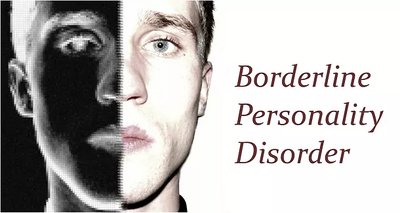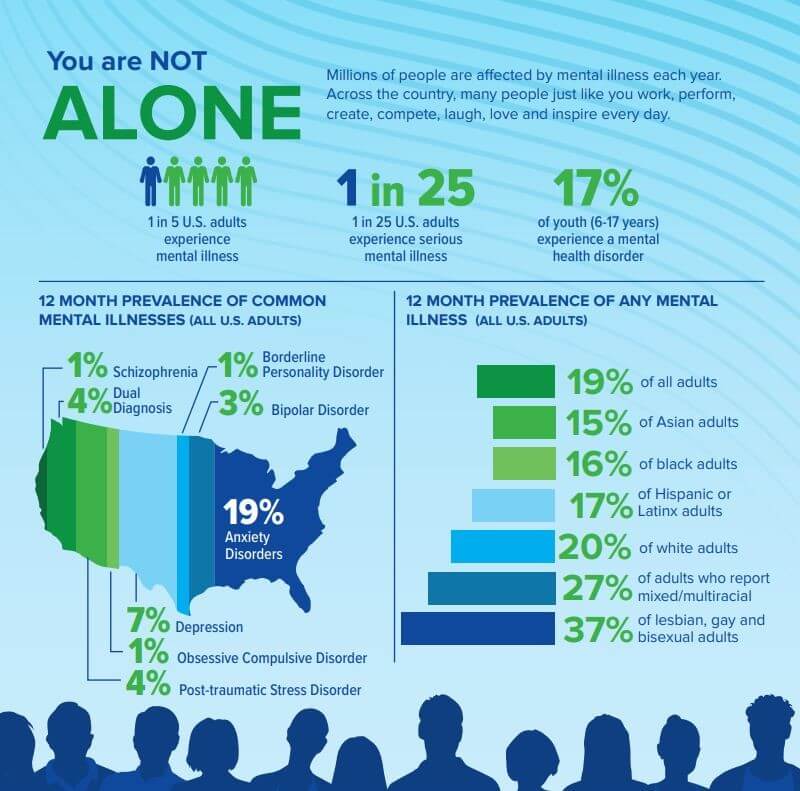
The term borderline personality disorder (also known as BPD) is applied to a number of different mental disorders that include emotional instability, impulsive behaviors, impaired relationships, and unstable long-term attachments. People with this mental disorder often become involved in situations where they feel extreme stress and can feel like they are losing control or are at the point where they are taking risks that may lead to self-harm.
There are two types of psychological disorders that can involve these characteristics, namely bipolar I disorder and bipolar II disorder. In most cases, people with these disorders are unable to determine whether or not they have been affected by these disorders. For this reason, these conditions are often referred to as "diagnosis-unrelated".
There are a number of different symptoms that are common to people suffering from borderline personality disorders. These symptoms vary depending on the severity and location of the disorder.
If you are suffering from an emotionally unstable personality, you may find yourself in situations where you are unable to keep your emotions under control. You may experience bouts of anger, rage, or violence when it is convenient for you. This can be particularly dangerous because you may have anger outbursts that lead to self-harm or suicide attempts.
You may also experience emotional detachment from others and your feelings of happiness or sadness may seem to be very self-centered. However, it is important to note that your emotions may not always be centered on yourself or what is going on around you may be able to identify with other people.
Bipolar I disorder is characterized by overwhelming and sudden swings in mood and often involves a person having extremely bad thoughts and mood swings. Sometimes you may feel extremely sad and worthless. Other times you may feel so elated and high that you can forget to breathe.
On the other hand, bipolar II disorder is characterized by the person being emotionally unstable and experiencing episodes of mania and depression. Your mood may switch quickly from elation to depression and back again.
At times, it may even be possible for you to kill yourself

Symptoms of borderline personality disorder cannot be ignored as they often mimic those of more serious mental disorders. If you are feeling overwhelmed and unable to control your emotions, and you find yourself in a dangerous situation where you feel like you are losing control, then you may need to talk to a healthcare professional about your condition. This will help you determine if you have borderline personality disorder and should seek medical attention.
Some of the symptoms of borderline personality disorder include extreme optimism, extreme pessimism, the need to control everyone, the need to control others, the need to control one's own life, and unwillingness to abandon old beliefs. These symptoms should not be overlooked because they can lead to a myriad of life problems that can lead to suicide. unless checked. It is important to note that these symptoms are very common among people with bipolar I or II disorder.
If you are having any of the above symptoms of borderline personality disorder and are considering seeking help for this condition, you should speak to your doctor for further assessment and treatment. In most cases of borderline personality disorder, the cause of the disorder is unknown.
There are also some medical treatments that may be able to treat and even cure some of the symptoms of borderline personality disorder. Depending on how severe your symptoms are a combination of psychotherapy and medication may be required.
It is important to note that many people who have bipolar disorder do not go through their entire lives with bipolar disorder. They may not experience any noticeable symptoms and then commit suicide. The reason they may have an episode of suicide is because they become too depressed or sad to function normally in society.